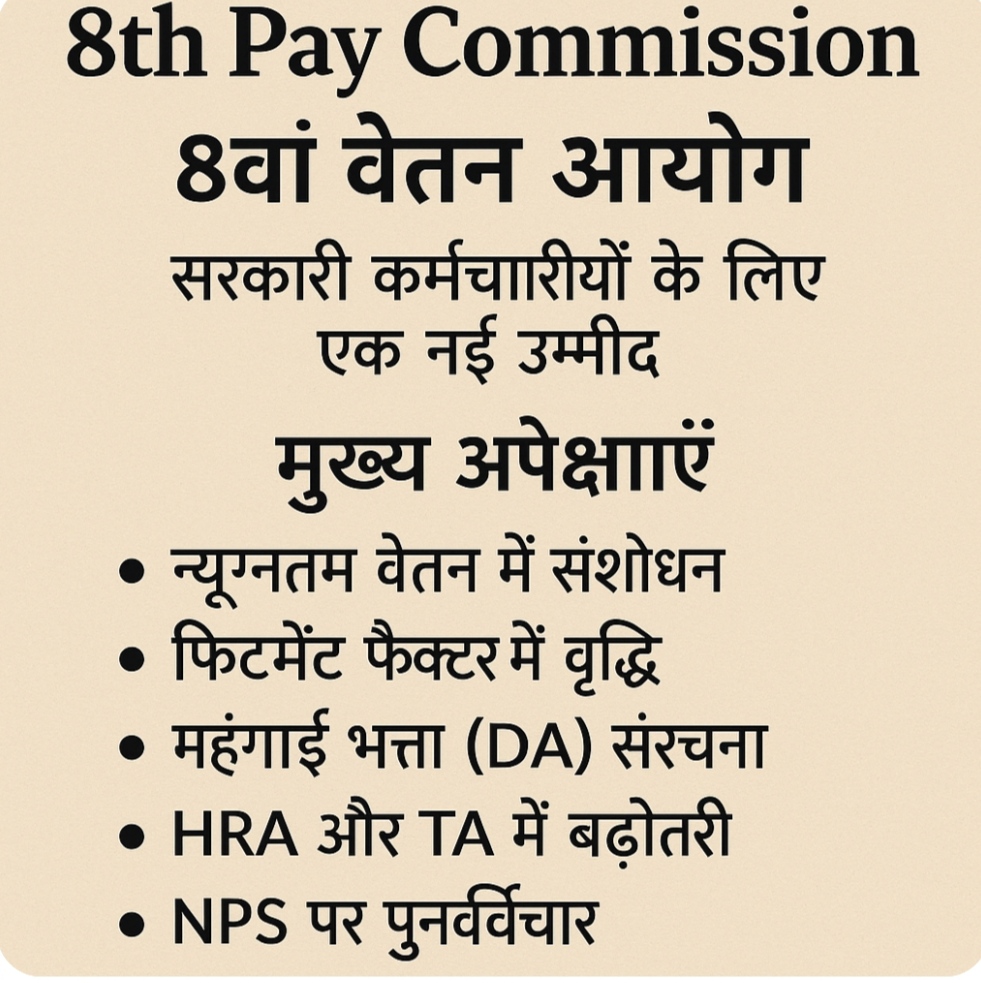Cibil Credit Score: and How to Improve credit score
1. What is CIBIL Score?
CIBIL Score is a numerical representation that shows the financial credibility of a person. If you want to take a loan or credit card from a financial institution, then first of all your CIBIL score is checked. This score ranges between 300 to 900, in which a score of around 900 is considered the best. The higher the score, the easier it will be for you to take financial products.
2. Importance of CIBIL Score CIBIL score is very important because it is a summary of your credit behavior. Financial institutions like banks and NBFCs first look at CIBIL score to judge your creditworthiness. If your score is high, then your chances of getting loan approved are higher.
Benefits of High CIBIL Score
- Quick Loan Approvals If your CIBIL score is high, the loan approval process becomes faster.
- Low-Interest Rates You get low-interest rate on loan, which is beneficial for you.
- High Credit Limit Your limit is higher in credit cards or overdraft facilities.
- Better Negotiation Power With a high score, you can negotiate on better terms and conditions.
- Wide Range of Financial Products You get access to more financial products.
Factors affecting CIBIL score Many factors impact the CIBIL score. If you improve your financial behavior, then this score can improve.
(a) Payment History (35%) Not making loan EMIs and credit card payments on time has the most negative impact on CIBIL score. Consistent timely payments keep your score high.
(b) Credit Utilization Ratio (30%) If you use too much of your available credit, it shows your financial discipline is low. The ideal ratio should be less than 30%.
(c) Credit History Length (15%) How old your credit accounts are also impacts your score. Long credit history with positive behavior improves the score.
(d) Credit Mix and Type (10%)It is important to have a balance between secured (home loan, auto loan) and unsecured loans (personal loan, credit cards). Taking only unsecured loans has a negative impact on the score.
(e) Credit Inquiries (10%)Frequent loan and credit card applications increase hard inquiries, which has a negative impact on the score.
4. What is CIBIL Report?
CIBIL report is a detailed document which keeps a complete account of your credit history. It contains a complete record of your financial transactions and loans. This report is a kind of proof of how you manage your financial obligations.
Key Components of CIBIL Report:
Personal Information Name, date of birth, PAN card details, and contact information.
Account Details Complete information of loan and credit card accounts, including outstanding amounts and repayment history.
Credit Enquiries With which banks or institutions have you made credit applications.
Public Records Information about any legal case or default.
5. How to check CIBIL score?
Checking CIBIL score has now become quite easy. You can check your score and report through CIBIL’s official website or third-party authorized platforms.
Steps to Check CIBIL Score Online:
- Visit the CIBIL Website.
- Register your email id and password to create an account.
- Fill in PAN card and date of birth details.
- Make payment if you need a detailed report.
- Your score and report will be available immediately. It is also possible to get the annual CIBIL report once for free. But for more frequent checks, you need to take a subscription.
6. Ways to Improve CIBIL Score If your CIBIL score is low, there is no need to worry. You can improve your score by improving your financial behavior.
- Make payments on time Clear EMI and credit card bills before the due date.
- Keep the Credit Utilization Ratio low Use only 30% or less of the available limit of your credit cards.
- Use Secured Loans Don’t take only unsecured loans. Maintain balance with secured products like home loans and auto loans.
- Rectify Errors If there is any wrong entry in your CIBIL report, contact CIBIL immediately to get it rectified.
- Avoid Multiple Applications Don’t apply for loan or credit card too frequently.
- Do not close Old Credit Accounts Old accounts reflect your positive credit history, so maintain them.
7. Real-Life Examples of CIBIL Score
Example 1 Positive Case Ramesh had a CIBIL score of 800. He applied for his home loan application and got instant approval. Also, the bank gave him a loan at a lower interest rate, which was financially beneficial for him.
Example 2 Negative Case Suresh had a CIBIL score of 600. He applied for a personal loan, but his application was rejected. The bank said that his risk was higher due to his low score.
8. Connection between Loan Eligibility and CIBIL Score CIBIL score directly impacts your loan eligibility. Higher score means that your financial behavior is disciplined and your repayment capability is strong.
| CIBIL Score Range | Loan Eligibility |
|---|---|
| 750 – 900 | High eligibility (Best terms) |
| 650 – 749 | Moderate eligibility |
| 550 – 649 | Low eligibility (High interest rate) |
| Below 550 | Very low (High rejection chances) |
9. Common Myths About CIBIL Score
Myth 1 It is better not to take a loan.
Reality If you never take credit, your CIBIL score will never improve. Regular credit use and timely repayment help in improving the score.
Myth 2 If the CIBIL score gets bad once, it will never improve.
Reality Financial discipline and consistent efforts can improve the CIBIL score.
Myth 3 Checking your CIBIL score affects it negatively.
Reality When you check your score, it is a “soft inquiry” which does not impact the score.
10. FActs About CIBIL Score
- How many times should I check my CIBIL score?It is important to get a free CIBIL report once a year. But, if you are doing active financial planning, check the score quarterly.
- What to do if you have a low CIBIL score?Make regular EMI payments, avoid excessive credit applications, and rectify errors in the report.
- Is it safe to take secured loans?Yes, taking secured loans is positive for your score.
- Is CIBIL score and credit score the same?Yes, CIBIL score is also a type of credit score which is calculated through TransUnion CIBIL.
11. CIBIL Score Improvement Strategy (Step-by-Step)
- Set financial goals Define your short-term and long-term goals.
- Create a routine of timely payments Use reminders or auto-debit option.
- Keep an emergency fund Maintain an emergency fund for unexpected financial situations.
- Choose credit products from the community Buy only those products that are necessary.
12. CIBIL Score and Your Future CIBIL score is a strong indicator of your financial credibility. If you maintain your score at 750+, the doors of financial opportunities will always be open for you.
conclusion: Maintaining your CIBIL score is a long-term commitment. Timely payments, disciplined behavior, and regular monitoring can help you keep your score high. Start working on your CIBIL score today to strengthen your financial health!
Disclaimer: This article is intended for informational purposes only and should not be considered as financial or legal advice. The content provided herein is based on general principles and may not apply to individual circumstances. For specific advice regarding credit scores, loans, or financial planning, consult a certified financial advisor or contact relevant financial institutions.The author and publisher of this article make no guarantees about the accuracy, completeness, or reliability of the information provided. Readers are advised to verify details with official sources, such as credit bureaus (Experian, Equifax, TransUnion) or other authorized entities, before making financial decisions.Using this information is at the reader’s own risk, and the author or publisher will not be held liable for any consequences resulting.







Post Comment